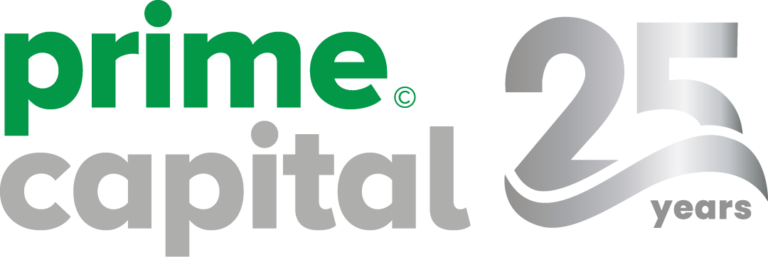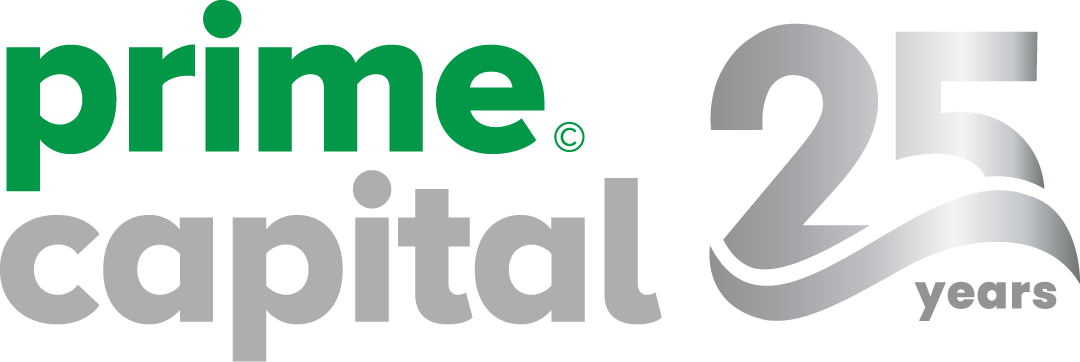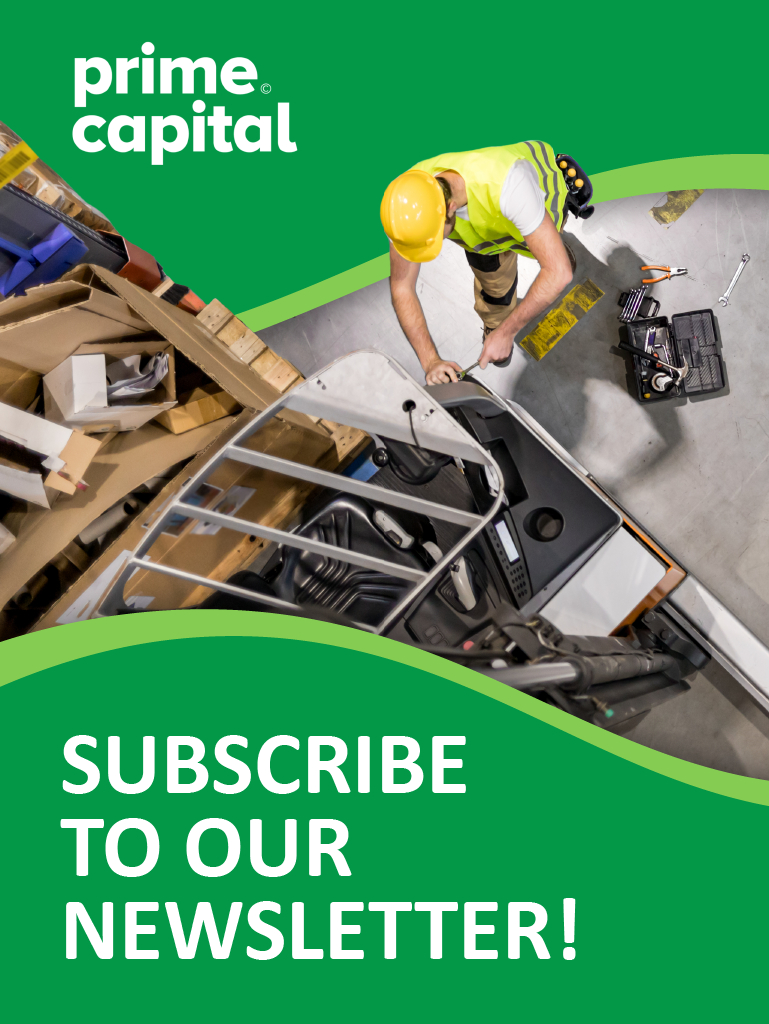In today’s competitive business landscape, making the right decisions regarding equipment acquisition is crucial for success. One of the key considerations is whether to lease or buy the equipment needed to effectively run your business. This blog explores both options’ advantages and disadvantages, helping businesses determine which approach makes the most sense for their specific needs.
Advantages of Equipment Leasing
Equipment leasing is the process of renting equipment for a specific period of time, typically three to five years, but many customizations are available depending on the usage and type of equipment you are looking at. Equipment leasing offers businesses several advantages, both short and long-term, including:
- Lower upfront costs: One of the primary benefits of equipment leasing is the ability to acquire necessary equipment without a significant upfront investment. By leasing, businesses can preserve their cash flow and allocate resources to other essential operations, such as marketing or expansion.
- Tax benefits: Lease payments are often considered operating expenses, making them potentially tax-deductible for businesses. This can reduce the overall tax burden and provide financial advantages over the long term.
- Reduced maintenance and repair costs: Leasing new equipment allows businesses to minimize maintenance and repair expenses. Compared with buying used equipment, leasing ensures that companies have access to reliable and up-to-date machinery, reducing the likelihood of unexpected repair costs, which can drain working capital.
- Increased flexibility: Leasing offers businesses the flexibility to upgrade equipment as needed. In industries where technology rapidly evolves or demand fluctuates, leasing enables businesses to adapt quickly without being tied to outdated or underutilized equipment.
- Improved cash flow: With leasing, businesses can benefit from predictable monthly lease payments and locked-in costs, improving cash flow management. This stability allows businesses to allocate financial resources more efficiently and plan for future expenses or investments.
- Ownership at the end of the lease: Many leasing options provide businesses with the opportunity to purchase the leased equipment at the end of the lease term. This arrangement combines the advantages of leasing, such as lower upfront costs and improved cash flow, with the eventual ownership of the equipment.
Disadvantages of Equipment Leasing
While equipment leasing offers many benefits, there are also some disadvantages to consider:
- While leasing offers lower upfront costs, the total amount paid over the lease term can exceed the equipment’s actual value. Businesses must carefully evaluate the financial implications and compare the long-term leasing costs versus buying to determine the most cost-effective option.
- As the lessor owns the equipment, businesses may have restrictions on customization or modifications. Depending on the lease agreement, companies may need to seek lessor approval for alterations, limiting their control over the equipment.
- Lease agreements can include usage limitations, penalties for early termination, or charges for exceeding predetermined usage limits. Businesses should thoroughly review the terms and conditions of lease agreements to ensure they align with their operational requirements and avoid unexpected fees.
Prime Capital addresses the potential downsides of equipment leasing by offering flexible options, including conditional sales agreements, that mitigate some of these risks. They also offer competitive rates and transparent terms. Their expertise and customized solutions can help businesses navigate the potential restrictions and mitigate the higher overall costs, providing a hassle-free leasing experience.
Advantages of Buying Equipment
Like leasing, when it comes to equipment acquisition, buying equipment for your business also offers its own advantages, from ownership and control to lower overall costs. When you pay cash versus borrowing from a bank or using an operating line or use a third-party expert lease company, advantages include:
- Ownership and control over equipment: Buying equipment provides businesses with full ownership and control, allowing them the freedom to customize, modify, or sell the equipment as needed. This level of control can be especially beneficial for businesses with unique requirements or specialized equipment needs or if the equipment is going into environments that are particularly detrimental to the quality and lifespan of the equipment.
- Lower overall costs in the long run: While purchasing equipment may require a higher upfront investment, owning the equipment eliminates the long-term carrying costs. Over time, businesses may experience cost savings by using capital up front to pay for equipment outright.
- Avoiding the fluctuating cost of open lines of credit: Outright ownership (ie pay cash versus borrowing from your bank lines) offers long-term cost predictability, as the investments are not subject to changes in the cost of money due to fluctuating interest rates. Additionally, businesses can leverage the purchased equipment against future debt financing needs for the business, enhancing their financial flexibility.
Disadvantages of Buying Equipment
Just as with leasing equipment, buying your equipment outright also has some drawbacks to consider:
- Purchasing equipment involves a substantial upfront investment, which can strain a business’s cash flow and limit resources for other critical areas. Companies must carefully evaluate their financial position and consider their budgetary constraints before committing to buying equipment. Today’s purchase can result in tomorrow’s cash flow bottleneck without careful cash flow forecasting.
- As equipment ages, businesses bear the responsibility of covering maintenance and repair expenses. These costs can accumulate over time and impact the business’s operational budget.
- Purchased equipment is subject to depreciation, meaning its value decreases over time. This depreciation can affect the equipment’s resale or trade-in value if the business decides to upgrade or replace it in the future.
Factors to Consider in Decision-Making
There are many factors that you should consider before making the decision on whether to lease or buy your equipment. For instance, businesses should carefully assess their specific equipment requirements and determine how leasing or buying aligns with their overall business objectives. Factors such as the equipment’s lifespan, technological advancements, and market demands should be considered.
Evaluating the financial implications of leasing and buying is also important. Businesses should assess their budget and cash flow capabilities, taking into account upfront costs, monthly payments, and long-term financial planning. As well, you should also consider the anticipated lifespan of the equipment and its expected use. If the equipment is expected to become obsolete or have limited usage over time, leasing may be a more suitable option. However, if the equipment is essential to the business’s long-term operations and cash flow is not a barrier to the business, buying may be more advantageous.
Choosing between equipment leasing and buying is a critical decision that directly impacts a business’s financial health and operational efficiency. By carefully considering the advantages and disadvantages outlined in this blog, organizations can make an informed decision that aligns with their specific needs and goals.
For equipment leasing needs, Prime Capital offers customized solutions designed to save businesses both time and money. Their flexible leasing options, competitive rates, and transparent terms provide businesses with the support they need to enhance their operational efficiency and financial well-being in the short and long term.
Discover how Prime Capital can assist your business with equipment leasing needs, providing tailored solutions to enhance your efficiency and financial well-being. Contact us today to discuss your equipment leasing requirements and unlock the benefits of working with a trusted partner.




